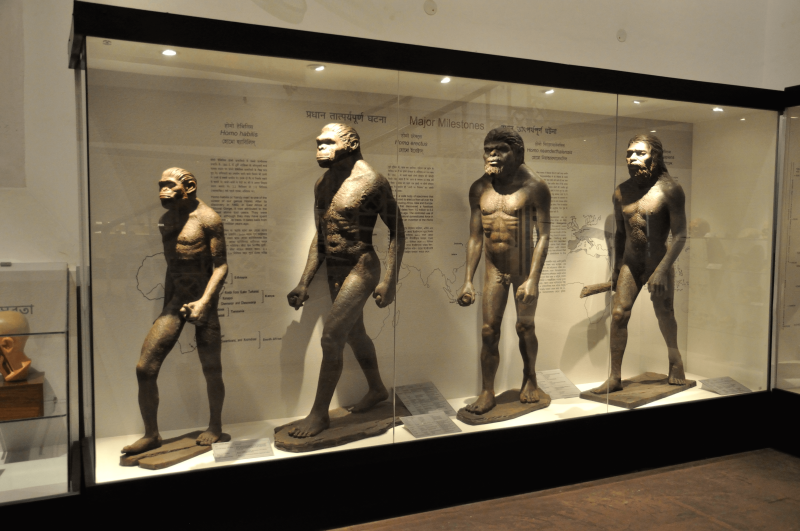It is often assumed that modern humans are no longer evolving. But there is now considerable agreement among scientists that evolution is still affecting our species—and this process is taking place “more rapidly” than ever before, one expert told Newsweek.
While cultural and technological innovations now appear to be the main drivers of adaptation for modern humans, this has not replaced biological adaptation, according to scientists.
“I don’t think [the question of whether humans are still evolving] is fully appreciated by the general public,” Michael Granatosky, an evolutionary biomechanist at the New York Institute of Technology, told Newsweek.
There are several notable examples of evolution among modern humans in our relatively recent history. In fact, Longrich said: “Humans are evolving rapidly—maybe more rapidly than we’ve ever been evolving before.”
For example, “our brain size is evolving—[they] have actually become smaller over the past 10,000 years since we started living in civilization,” he said. “Brains seem to be smaller now than even in Greek or Roman times.”
We have also adapted to newly available food sources, for example—some populations, particularly those of European descent, have developed the ability to tolerate milk into adulthood.
Skin color has changed as human populations moved into new climates. And resistance to various diseases has emerged as a result of plagues like the Black Death and smallpox.































